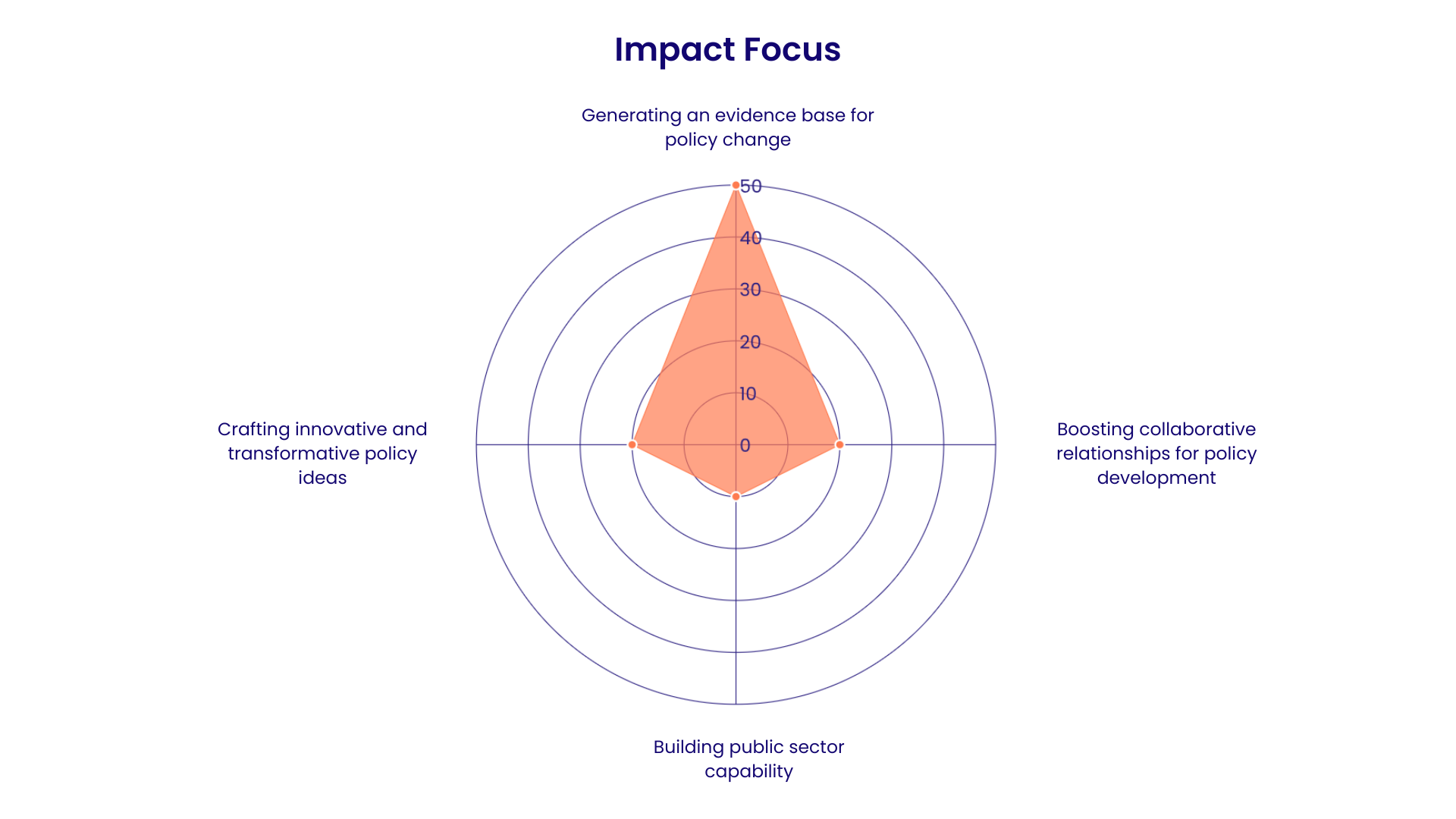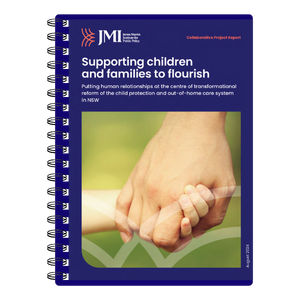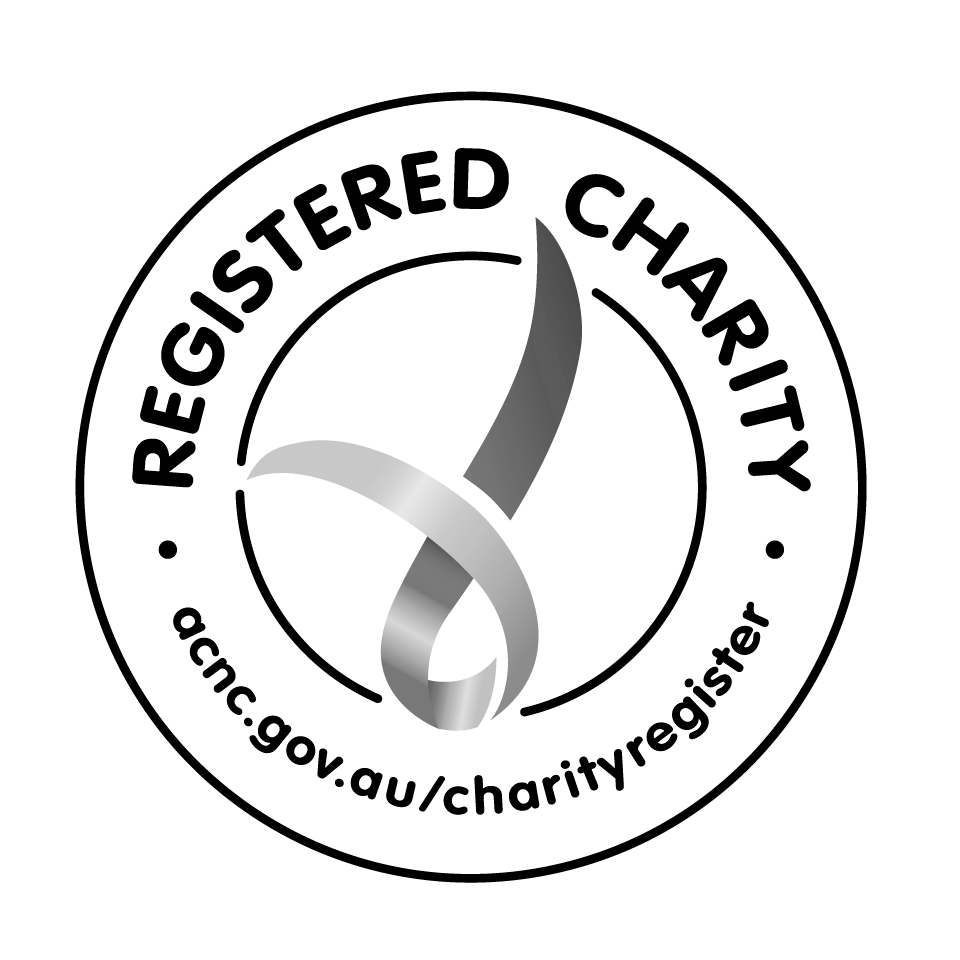The challenge
Collaboration
JMI collaborated with the NSW Department of Communities and Justice and the Centre for Relational Care on this project, ensuring that the work was grounded in practical realities of the sector and the work of government. The project was a highly collaborative effort, guided by an Expert Advisory Group of leading policymakers, researchers, and practitioners. Expert inputs came from a range of fields, including First Nations wellbeing and self-determination, social work, law, social innovation, geography, design thinking and public health.
In a nutshell
Policy insights
This report articulates 11 key opportunities, with concrete reforms identified under each opportunity, to ensure the system provides for the holistic needs of children through empowering families and communities. The opportunities build on First Nations-led approaches to working with families and communities, which are often relational at their core, and aim to align the system more closely with what works for First Nations people, emphasising agency and addressing historical harm and power imbalances. The 11 opportunities span:
How we are creating change
This project provides a robust evidence base for reform and clear policy opportunities that together offer a way forward on systemic reform to support the wellbeing of children and families. The Minister for Families, Hon Kate Washington has said that this report will be a “guiding light” for system reform in NSW. With many other jurisdictions facing the same challenges in their child protection and social care systems, this report also provides a sound evidence base and policy ideas for moving towards more relational systems.




